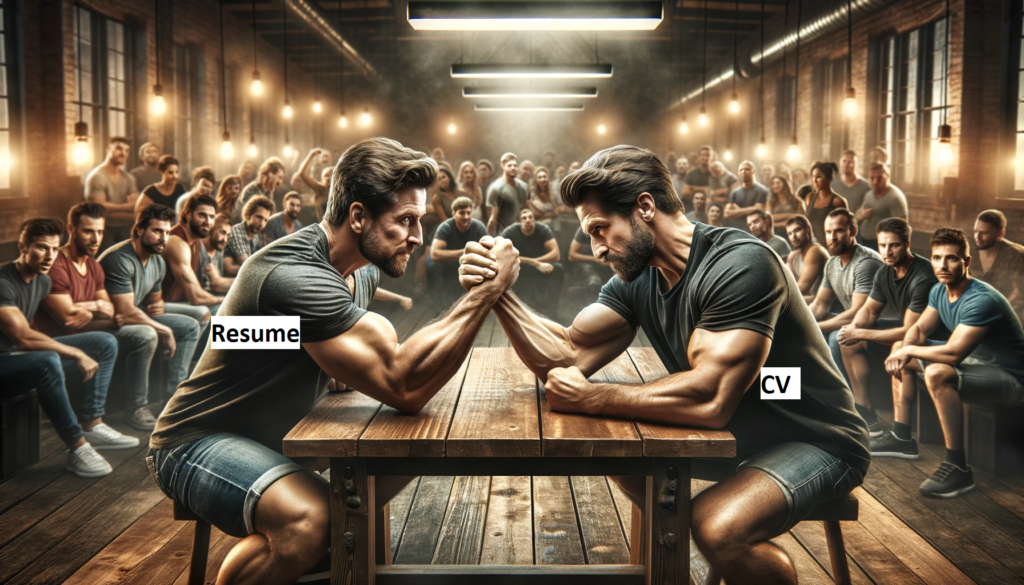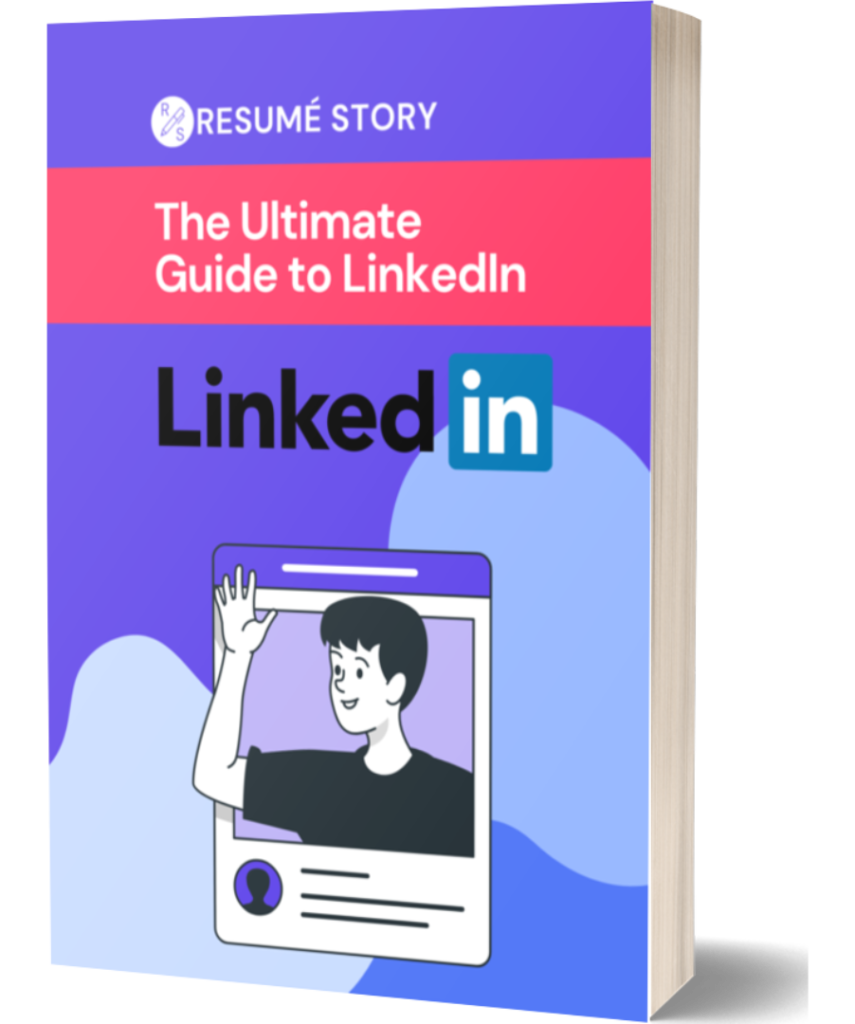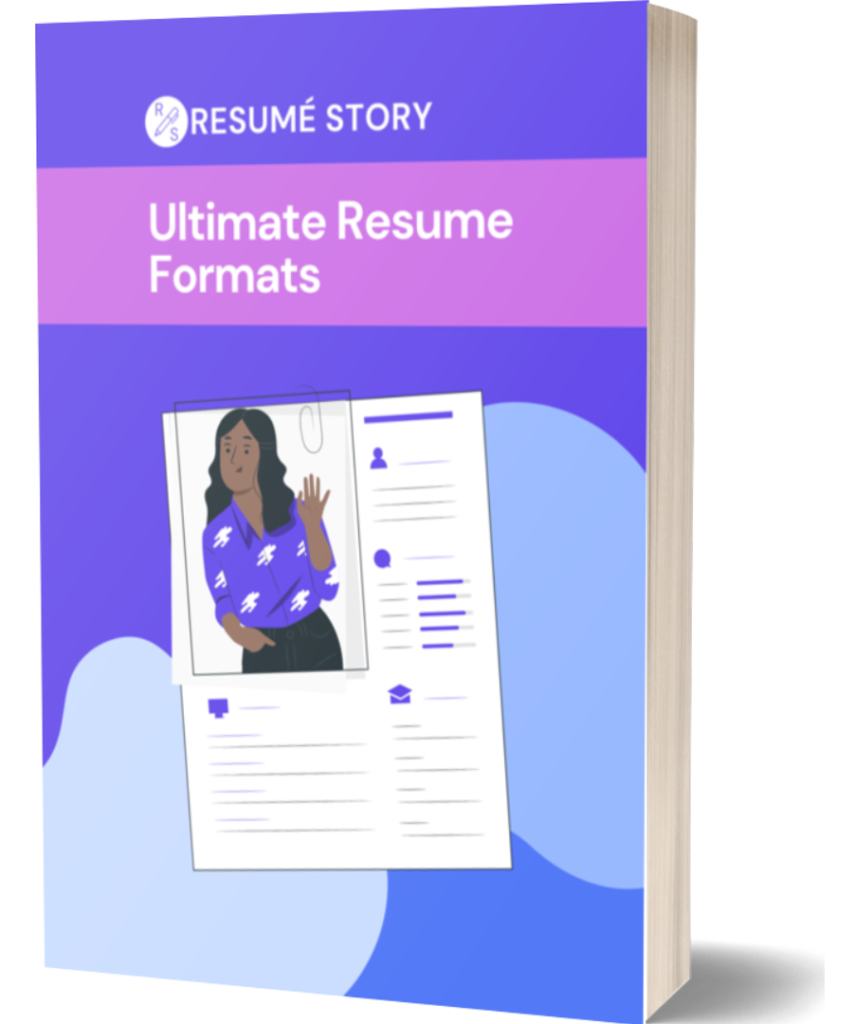CV vs Resume – Key Differences and which one to choose

Table of Contents
Understanding the differences between a CV vs resume
What is the difference between a CV and a resume?
A Curriculum Vitae (CV) and a resume are two documents used in job applications, but they serve different purposes and have distinct formats. Understanding the key variances between a CV and resume is crucial for job seekers.
While a CV is typically longer and more detailed, showing a comprehensive academic and professional history, a resume is a concise document highlighting relevant work experience and skills in a specific resume format. Knowing the difference allows you to tailor your application effectively.
When deciding whether to use a resume or a CV, it’s important to understand the type of job you’re applying for and if it requires a more comprehensive academic record or a concise summary of your work history. In some cases, a CV might be more appropriate, while in others, a resume is preferred.
Resume format vs a CV format?
Resume format vs CV format often causes confusion among job seekers. While both are crucial documents for job applications, there are distinct differences between the two. Resume format tends to be more concise and focused on a candidate’s relevant work experience and skills. On the other hand, a CV format is more detailed and includes a comprehensive overview of a candidate’s academic and professional background. Here are 5 key differences between a resume format and a CV format:
1. Length: A resume is typically limited to one or two pages, while a CV can be several pages long.
2. Focus: Resumes are tailored to specific job applications and highlight relevant experience, whereas CVs provide a comprehensive overview of a candidate’s qualifications.
3. Formatting: Resumes often use bullet points and a chronological format, while CVs may include sections such as publications, presentations, and research experience.
4. Purpose: Resumes are commonly used in the United States and Canada, while CVs are more prevalent in other countries, such as the United Kingdom and Europe.
5. Flexibility: Resumes allow for customization and can be easily tailored to different job opportunities, while CVs remain more static and comprehensive in nature.
When to use a CV over a resume?
When determining whether to use a CV or a resume, there are several factors to consider. While resumes are typically used for most job applications in the United States, there are certain situations where a CV may be more appropriate, especially in academia or international settings. Here are five reasons when to use a CV over a resume:
1. Academic positions: When applying for academic positions, such as teaching or research roles, a CV is often preferred due to the detailed information it provides about one’s education, publications, and research experience.
2. International applications: In many countries outside of the US, a CV is the standard document for job applications. If applying for a job internationally, it is important to use a CV to align with local expectations.
3. Career changes: If you are making a significant career change and have a diverse range of experiences that may not fit neatly on a resume, a CV can help showcase your varied skills and qualifications.
4. Government or nonprofit positions: Organizations in the government or nonprofit sectors often require detailed information about an applicant’s background and qualifications, making a CV a better choice for these types of roles.
When to use a resume over a CV
When deciding whether to use a resume or a CV, there are several factors to consider. Resumes are typically used in the United States, while CVs are more common in Europe, Australia, and Canada. Here are five reasons when it is better to use a resume over a CV:
1. Applying for a job in the United States: If you are applying for a job in the United States, it is generally expected that you will submit a resume rather than a CV.
2. Seeking a job in a non-academic field: Resumes are more tailored to showcase work experience and skills relevant to the specific job you are applying for, making them a better choice for non-academic positions. Resume is used for a job.
3. Changing careers: If you are changing careers or industries, a resume can highlight the most relevant experiences and skills that make you a good fit for the new role.
4. Applying for entry-level positions: Resumes are often preferred for entry-level positions, as they are more concise and focus on relevant skills and experiences rather than extensive academic achievements.
5. Customizing your application: Resumes are easier to customize for each job application, allowing you to tailor your qualifications to match the specific requirements of the job.
What should not be included in a cv
1. Personal information: Your CV should not include personal details such as your age, marital status, or social security number. This information is irrelevant to your qualifications and can open you up to discrimination.
2. Irrelevant work experience: Including every job you’ve ever had on your CV can clutter the document and make it harder for employers to focus on your relevant experience and work history. Make sure to only include positions that are directly related to the job you’re applying for.
3. Lies or exaggerations: It may be tempting to stretch the truth on your CV to make yourself look more impressive, but dishonesty can easily be uncovered during the hiring process. Stick to the facts and let your skills and experience speak for themselves.
4. Hobbies or personal interests: While it’s fine to mention a few hobbies or interests on your CV to show a bit of personality, make sure they are relevant to the job you’re applying for. Including random hobbies or personal details can confuse employers and distract from your professional qualifications.
What should be included in a CV vs resume?
Both CVs and resumes should list your qualifications and job experiences in a clear and structured manner. Including specific details such as education, certifications, and past roles can strengthen your application.
Adding relevant skills for the job you’re applying for is essential to showcase your suitability for the role. Tailor your CV or resume by focusing on skills and experiences that align with the job requirements.
The professional history section in resumes plays a vital role in illustrating your career progression and accomplishments. Highlighting key achievements can help recruiters understand the impact you’ve made in previous roles.
How to create a professional CV or resume?
Utilizing resume examples can provide valuable guidance on structuring and formatting your CV or resume. Examining successful resumes in your industry can help you understand effective practices.
Choosing the right format for a CV or resume depends on the specific requirements of the job and industry norms. Tailoring your document, whether a CV or resume, to suit the job application can significantly enhance your chances of securing an interview, by focusing on relevant work history and skills.
When writing a CV, ensure it is relevant to the job you’re applying for. Highlighting experiences and skills that align with the position can make your application more compelling to potential employers.
Build a perfect Resume with us at Resume Story
Categories
- Freshers (1)
- Interview Prep (2)
- Linkedin (1)
- Resume Writing (9)
- Technical Interviews (1)
- Uncategorized (2)
If you like what you see, please share!
Receive more such content in mail
Popular Posts
-
5 Best Online Resume Builder for 2024
March 23, 2024 Resume Writing -
Understanding the Full Form of CV
March 23, 2024 Resume Writing
Pricing Plans
Choose the best plan for yourself
Review your current resume
per report
- ATS compatibility
- Skill Analysis
- Content Structure
- Resume Structure
- Language Analysis
- 30 min 1-on-1 session
- Skill mapping for dream job
- Resume re-writing
- 3 mock interviews
Professional Resume Writing
3 revisions
- ATS compatibility
- Skill Analysis
- Content Structure
- Resume Structure
- Language Analysis
- 30 min 1-on-1 session
- Skill mapping for dream job
- Resume re-writing
- 3 mock interview
Mock Interview Practise
3 hour sessions
- ATS compatibility
- Skill Analysis
- Content Structure
- Resume Structure
- Language Analysis
- 30 min 1-on-1 session
- Skill mapping for dream job
- Resume re-writing
- 3 mock interviews









